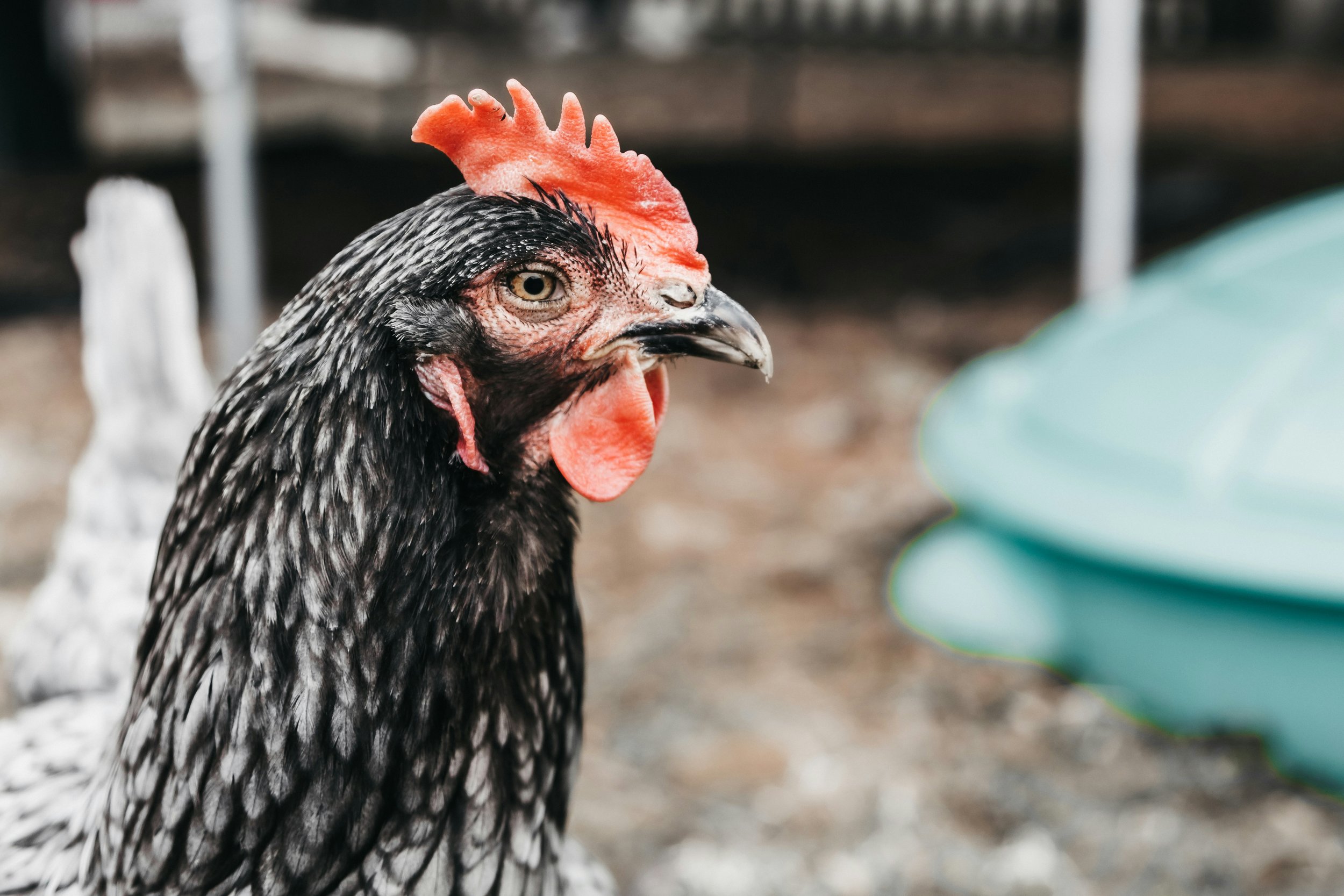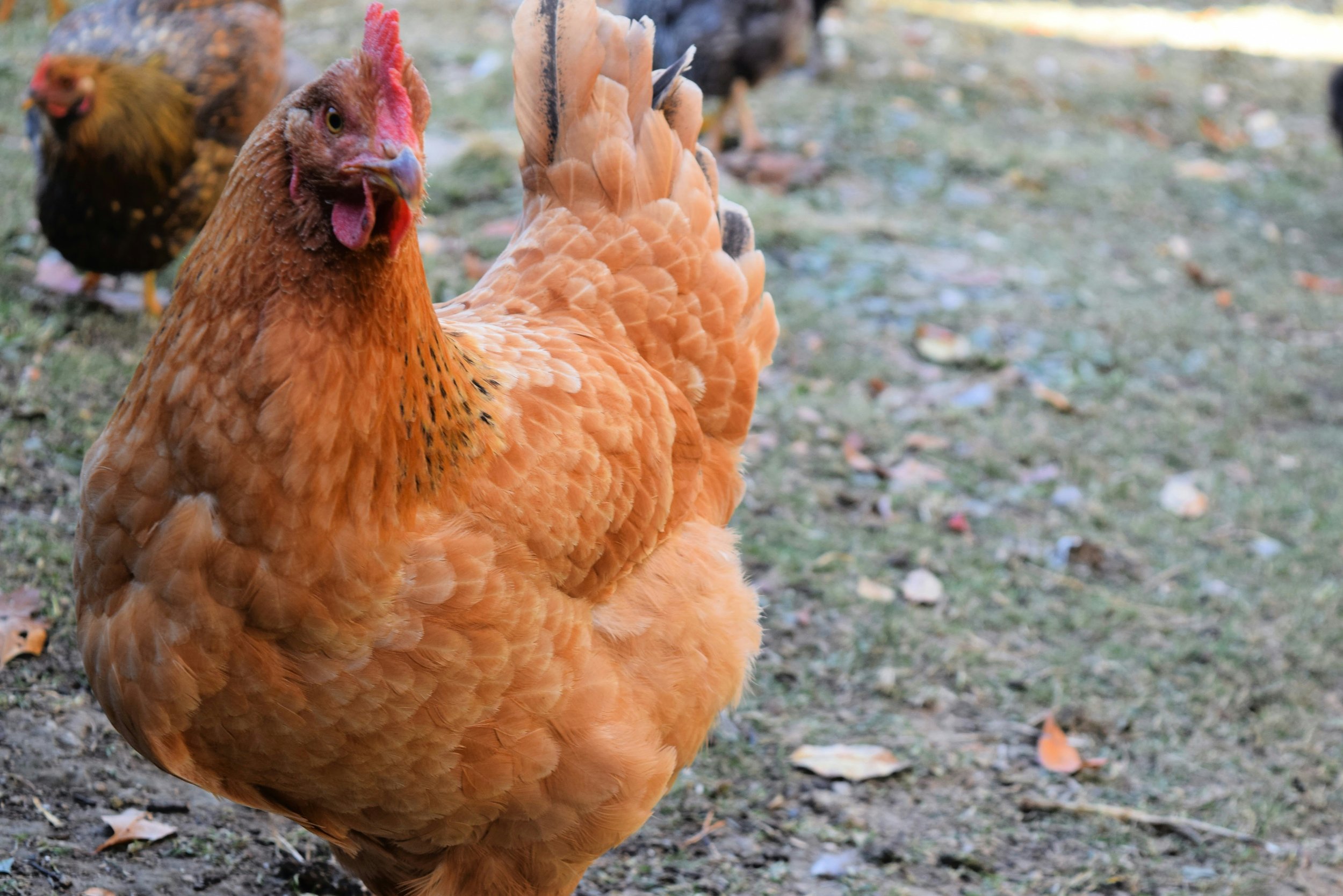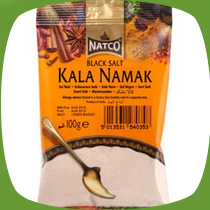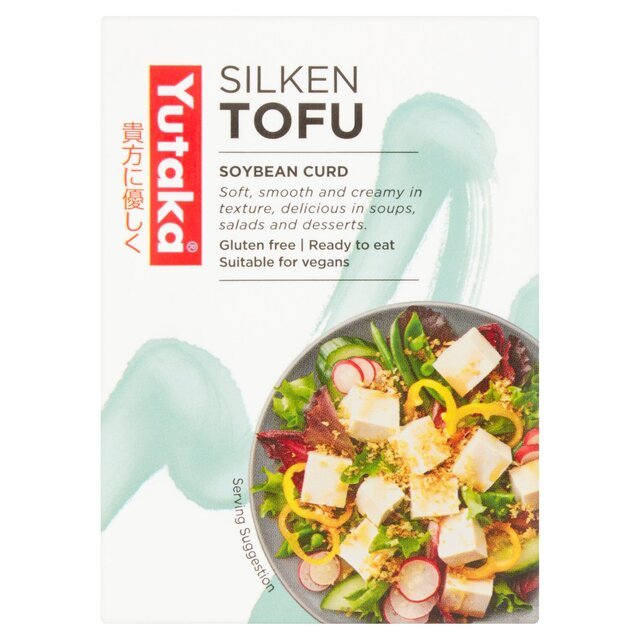
The Reality of Eggs
Before human intervention, hens in their natural environment laid around 12 eggs per year, similar to other wild birds. Today, due to extreme selective breeding, hens are forced to produce up to 350+ eggs annually. This relentless egg-laying cycle places immense strain on their small bodies, leading to severe health issues such as osteoporosis and prolapsed oviducts. For every egg laid, a hen loses between 10–20% of her body’s calcium, depleting her bones and leaving her vulnerable to fractures and other painful conditions.
To maintain a steady supply of productive hens, hatcheries incubate eggs to produce new chicks. Both male and female chicks hatch, but the males, unable to lay eggs, are considered worthless by the egg industry. Male chicks are killed shortly after birth, often by being ground alive, or suffocated in plastic bags or by foam, or discarded in bins to die slowly. These cruel practices are standard across all egg production systems.
Throughout their lives, hens endure unimaginable suffering. Many are confined to small, overcrowded cages or sheds, unable to experience natural behaviours such as spreading their wings, perching, or foraging. This extreme confinement causes severe psychological stress, leading to aggression and frustration. To mitigate these issues, the industry resorts to debeaking—a painful process in which over a quarter of a hen’s sensitive beak is cut off without pain relief, often causing chronic pain and difficulty eating.
Above Photo by Alek Olson on Unsplash
Photo by Doretha Rost on Unsplash
Photo by Russell Miranda on Unsplash
Click to watch
But I Only Buy Free Range Eggs
The terms “free-range” and “organic” were created to ease our conscience as consumers, painting a false picture of happy hens in idyllic farmyards. However, the grim reality is that no matter the label—factory farmed, free-range, or organic—the egg industry is built on exploitation and suffering.
While cages may be prohibited, the term “free range” term is deeply misleading. Free-range hens typically live in overcrowded sheds, where each bird has as little as the area of an iPad to herself. Only about 10% of these hens will ever access small outdoor areas, and even then, it’s often for brief and infrequent periods, with access points often blocked off by dead birds. The majority live in cramped, dark, and filthy conditions, battling stress, aggression, and disease in these unnatural environments.
When their productivity wanes—usually around 18 months of age, though their natural lifespan could exceed 10 years—these hens are deemed "spent" and sent to slaughter. They endure rough handling, often resulting in dislocated wings or broken legs, as they are tightly crammed into tiny transport crates. Many do not survive the grueling journey to slaughterhouses, succumbing to injuries, stress, or extreme weather.
If you are vegetarian, or ovo-vegetarian, for ethical reasons, please consider that by consuming eggs, you are still funding the meat industry. "Spent" hens are slaughtered just like broiler chickens, and their male chicks are brutally killed within seconds of hatching. In supporting the egg industry, you inadvertently support these practices and the wider cycle of animal exploitation.
For a deeper understanding of the reality behind free-range eggs, we urge you to watch this powerful video. It uncovers the harsh truth hidden behind the marketing labels, revealing the suffering endured by hens even in so-called "humane" systems. This eye-opening footage shows why free-range is far from cruelty-free. Take a few moments to see the truth for yourself—it’s a perspective that could change lives, including yours.
Humane Slaughter
Most hens start to experience a decline in their egg production around 12 months old. Usually, by the time they reach 18 months old, they are deemed no longer profitable and are sent to slaughter for cheap meat, despite their natural lifespan being up to 8 - 10 years.
The legal and supposedly "humane" methods of slaughter in the UK include gassing and electrical water baths. While these methods are designed to render birds unconscious before slaughter, they are inherently flawed and often fail, resulting in immense suffering.
Electrical water baths are one of the most common methods used in poultry slaughterhouses. Birds are shackled upside down by their feet on a moving conveyor belt—a terrifying and painful experience, especially for hens with brittle or broken bones from their harsh lives. Their heads are dragged through a bath of electrified water, which is intended to stun them into unconsciousness. However, this process is far from reliable.
For the electrical stun to work effectively, the bird’s head must fully submerge in the electrified water. In reality, the conveyor belts often move too quickly, or the birds panic and lift their heads. This means many hens are not adequately stunned, leaving them fully conscious and aware of what happens next.
After the electrical bath, their throats are mechanically slit by a rotating blade. For birds who were not properly stunned, this moment is sheer agony. As their blood pours out, they experience a slow and painful death, suffocating on their own blood while fully aware.
To make matters worse, some birds miss the blade entirely, either because they thrash violently or because of errors in the machinery. These birds are then sent, still alive and conscious, to the scalding tanks—industrial vats of boiling water used to loosen their feathers for plucking. For these hens, death comes from being boiled alive. Their screams of pain go unheard in the chaos of the slaughter line.
The high-speed nature of industrial slaughter further exacerbates these horrors. In many facilities, up to 12,000 birds are processed every hour, meaning workers have little time to ensure that each hen is properly stunned or killed. This relentless pace prioritizes efficiency over welfare, leaving countless birds to suffer unimaginable torment in their final moments.
While electrical baths are meant to be a "humane" solution, they are anything but. The process is riddled with cruelty and flaws, ensuring that many birds endure agonizing deaths that should shock the conscience of any compassionate person. Far from humane, these methods reflect the grim reality of mass animal slaughter, where profit and speed are placed above the basic dignity of sentient beings.
Photo by Farm Sanctuary

Backyard Eggs: Why We Shouldn’t Eat Them
On the surface, keeping hens in your backyard for eggs might seem like an ethical alternative to buying from the egg industry. However, even backyard egg production raises significant ethical concerns, especially from a vegan standpoint. While it may appear more humane, the practice still upholds many of the same underlying issues as commercial egg farming.
Most backyard hens are purchased from hatcheries, which are deeply intertwined with the cruelty of the egg industry. These hatcheries routinely kill male chicks—grinding them alive, suffocating them, or discarding them as trash—because they are considered useless. Even rescuing hens from backyard sellers or farms can indirectly support this system by creating demand, encouraging further breeding to meet the market. The connection to the broader egg industry cannot be ignored.
Hens have been selectively bred to lay an unnaturally high number of eggs—far beyond the 12 or so eggs a year that their wild ancestors would lay. This genetic manipulation forces hens to produce up to 300 eggs annually, putting immense strain on their bodies. Even in the best backyard environments, hens face the same health challenges as their factory-farmed counterparts. Calcium depletion, osteoporosis, and reproductive issues like egg peritonitis and prolapsed oviducts are common and cause significant suffering. These issues exist because hens have been bred to overproduce, not because of the conditions in which they are kept.
Even collecting and eating eggs from backyard hens raises ethical concerns. Eggs are not a "gift" from hens; they are a product of their reproductive systems, and hens often instinctively attempt to sit on or protect their eggs, regardless of whether they are fertilized. Removing eggs from their nests can cause stress and confusion, prompting the hens to lay more to replace the eggs they’ve lost. This behavior further depletes their already strained bodies. Hens left alone often eat their unfertilized eggs, which is their natural way of recycling vital nutrients like calcium. By taking their eggs, we deny them the opportunity to replenish their own health.
Some argue that rescuing hens from abusive situations and using their eggs is a form of compassion, but using their bodies for human consumption undermines the very purpose of rescue. True rescue prioritizes the animals’ well-being above human desires. A more ethical approach involves leaving their eggs for them to eat or breaking and composting the eggs to remove the temptation without exploiting their reproductive systems. Hens deserve care that is not contingent on what they can provide to humans.
Another ethical consideration is the fate of backyard hens once they stop laying eggs. Hens naturally slow their egg production as they age, and when they become less “useful,” many are abandoned, rehomed, or even slaughtered. Even well-meaning backyard keepers face the question of what to do with aging hens, highlighting how deeply ingrained the mindset of valuing animals for their utility is. A truly compassionate choice would be to provide lifelong care for hens, irrespective of their productivity.
Even in idyllic backyard settings, the practice of keeping hens for eggs normalizes the idea that animals exist for human use. From a vegan perspective, this mindset is fundamentally flawed. Treating animals as beings with intrinsic worth means respecting their autonomy and rejecting the idea that their bodies exist for our benefit. While backyard eggs may seem like a kinder option, they still exploit hens and perpetuate the systemic harm caused by breeding and egg production.
The most ethical choice is to avoid consuming eggs altogether, whether they come from factory farms, free-range systems, or backyard flocks. Supporting hens means respecting their right to live free from human exploitation, without using their bodies for our gain. True compassion lies in recognizing their value as individuals, not as commodities.
Photo by Ginger Jordan on Unsplash
Health Concerns
Heart Disease
Eggs are high in saturated fat and cholesterol, both of which are well-documented contributors to heart disease. While conflicting media reports often muddle public understanding, major health bodies, including the American Heart Association, agree that reducing saturated fat and dietary cholesterol can lower heart disease risk. Research highlighted in The China Study and Forks Over Knives reveals that regular egg consumption accelerates arterial plaque build-up, a condition as harmful to blood vessels as smoking. This plaque narrows arteries, increasing the likelihood of strokes, heart attacks, and other cardiovascular events.
Cooking eggs can exacerbate the problem. The high temperatures used in frying or scrambling eggs lead to the formation of oxidized cholesterol by-products, which are toxic and can cause DNA damage. These compounds further impair heart health by inflaming and stiffening blood vessels. Moreover, eggs are rich in choline, a nutrient that, in excess, is converted by gut bacteria into trimethylamine-N-oxide (TMAO). Elevated TMAO levels are strongly linked to arterial plaque formation, increasing the risk of cardiovascular disease, stroke, and heart attack.
Diabetes
Consuming eggs regularly also raises the risk of developing type-2 diabetes. Studies cited in What The Health indicate that eating one egg per day can nearly double the risk compared to occasional consumption. The cholesterol in eggs disrupts blood sugar metabolism by impairing insulin production and reducing the body’s sensitivity to insulin. These disruptions increase the likelihood of insulin resistance, a precursor to diabetes.
The connection between eggs and diabetes risk is particularly concerning because people with diabetes already face a heightened risk of heart disease, making egg consumption a compounded threat to their health.
Cancer
Egg consumption has been linked to several types of cancer, particularly hormone-sensitive cancers like breast, prostate, and ovarian cancers. The cholesterol and choline found in eggs appear to promote the growth of cancer cells. Choline, in particular, is a double-edged sword: while it is an essential nutrient in small amounts, high choline intake has been associated with an increased risk of lethal prostate cancer, as discussed in The China Study. Excess choline also promotes the production of TMAO, which can contribute to tumour development and cancer progression.
Studies have shown that consuming eggs regularly raises the risk of prostate cancer by 81% and significantly increases the likelihood of ovarian cancer. These findings emphasize the need to rethink egg consumption, particularly for individuals with a family history of hormone-sensitive cancers.
Food Poisoning and Contaminants
Eggs are a leading cause of foodborne illnesses due to contamination with harmful bacteria like salmonella, listeria, and campylobacter. Although regulations like the British Lion Code require vaccination against salmonella in the UK, these measures are not universal, leaving 15% of eggs unregulated and increasing the risk of exposure.
Beyond bacteria, eggs can be contaminated with industrial pollutants, including pesticides, heavy metals, and dioxins, absorbed from the feed or environment of the hens. These contaminants accumulate in the fatty parts of the egg, posing additional health risks. The risks are particularly pronounced in eggs from hens not raised under stringent safety standards, as the accumulation of these toxins can lead to long-term health issues, including cancer and hormonal disruptions.
What’s The Alternative?
By choosing not to buy eggs, you take a meaningful stand against an industry built on animal suffering. It's a powerful statement of your values and a direct way to withdraw support from cruelty. You might wonder, "What difference can I make as just one person?" This doubt is understandable, but meaningful change always begins with individuals. Every time you choose a plant-based alternative, you send a message to industries, reinforcing the growing demand for ethical, cruelty-free options. The surge of vegan products in supermarkets, cafés, and restaurants proves that this shift is already happening. With every choice, you contribute to a future where vegan foods become the norm and animal products fade into history.
And the best part? You’re not missing out. Everything you love—from meringues and cakes to omelettes and Yorkshire puddings—can be made entirely plant-based. Change might feel daunting at first; that's natural. But with the abundance of resources and alternatives available today, transitioning to a vegan lifestyle has never been easier or more accessible. Every step you take brings us closer to a kinder world, and you might just find it’s simpler—and more rewarding—than you ever imagined.
Click below to visit our Free Help to Go Vegan page, where you'll find all the guidance you need to make the switch with ease. Or, scroll down to explore some of our favourite egg alternative recipes and products—we’ve got everything covered, from simple swaps to creative dishes!
Photo by Laura Ohlman on Unsplash
Egg Replacement Ingredients
Egg alternatives vary slightly from other vegan alternatives to a degree, in the sense that they aren’t always found pre-made in supermarkets. However, you only need a few simple ingredients to effectively replace eggs in both savoury dishes and baking. So don’t be put off, because we promise you, they really do work.
Savoury
Silken tofu, kala namak (black salt), chickpea flour, and agar agar powder are fantastic replacements for eggs in savoury dishes. Silken tofu blends smoothly into recipes like quiches, scrambles, and omelettes, offering a creamy texture. Kala namak adds an eggy flavor due to its sulfur content, while chickpea flour works well for creating batters or binding ingredients. Agar agar powder, derived from seaweed, is perfect for setting savory dishes like frittatas or vegan terrines.
Sweet
For baking, soy milk mixed with a splash of vinegar mimics the binding and leavening properties of eggs, while bananas and apple sauce add moisture and sweetness to things like cakes, muffins, and brownies. Even the liquid from a can of chickpeas (aquafaba) can be whipped into stiff peaks for meringues or used in sponge cakes. Standard egg replacer powders, versatile for both sweet and savory recipes, are another reliable option, offering consistent results without compromising on taste or texture.
Ready to Buy
Recreating egg-based dishes has never been easier, thanks to the wide variety of vegan options now available in supermarkets, specialist stores, and online. At Tesco, for instance, you can pick up a pancake shaker mix that requires nothing more than your favourite plant milk—perfect for quick, fluffy pancakes without the need for eggs. Vegan Yorkshire pudding mixes, as well as pre-made vegan Yorkshire puddings from companies like Plantside, make traditional roast dinners entirely egg-free and effortless. For more creative options, you can find ready-to-eat quiches, poached and fried vegan eggs, as well as vegan hard-boiled eggs, available from shops like Alternative Stores or local vegan markets. Vegan Scotch eggs are also widely available and make a satisfying snack, while recreating dippy eggs at home is a breeze with flour, oil, nutritional yeast, kala namak, and turmeric—ready in under five minutes. For sandwiches and salads, vegan smashed egg, made with brands like Tofoo or chickpeas, perfectly mimics the flavour and texture of egg salad, while OMV picnic eggs are another convenient option for on-the-go snacking. Tofu scramble, customisable with your favourite spices and veggies, rounds out the endless possibilities for plant-based egg alternatives, ensuring you’ll never feel like you’re missing out.
Image credit: Plantside
Image credit: Caffe Nero
Recipes
Image credit: Tofoo
And the world of eggless sweet treats has never been more indulgent or accessible, either, with an abundance of options available on the high street, in supermarkets and online. You can find a variety of vegan cakes and cupcakes in your local Tesco, Sainsbury's, Asda and so on, offering everything from classic Victoria sponge to decadent chocolate fudge. Vegan doughnuts, brownies, cookies, and even éclairs are all out there, with brands like OGGS, BOSH! and supermarket own-brands leading the charge. Ready-to-eat desserts like egg-free cheesecakes, mousses, and tiramisu are also easy to find, while specialist stores and local vegan markets offer artisanal creations such as macarons, pastries, and croissants. Popular cafés like Caffè Nero and Costa also serve a range of vegan bakes, ensuring you’re never far from a delicious, cruelty-free treat.
Image credit: BOSH!



































